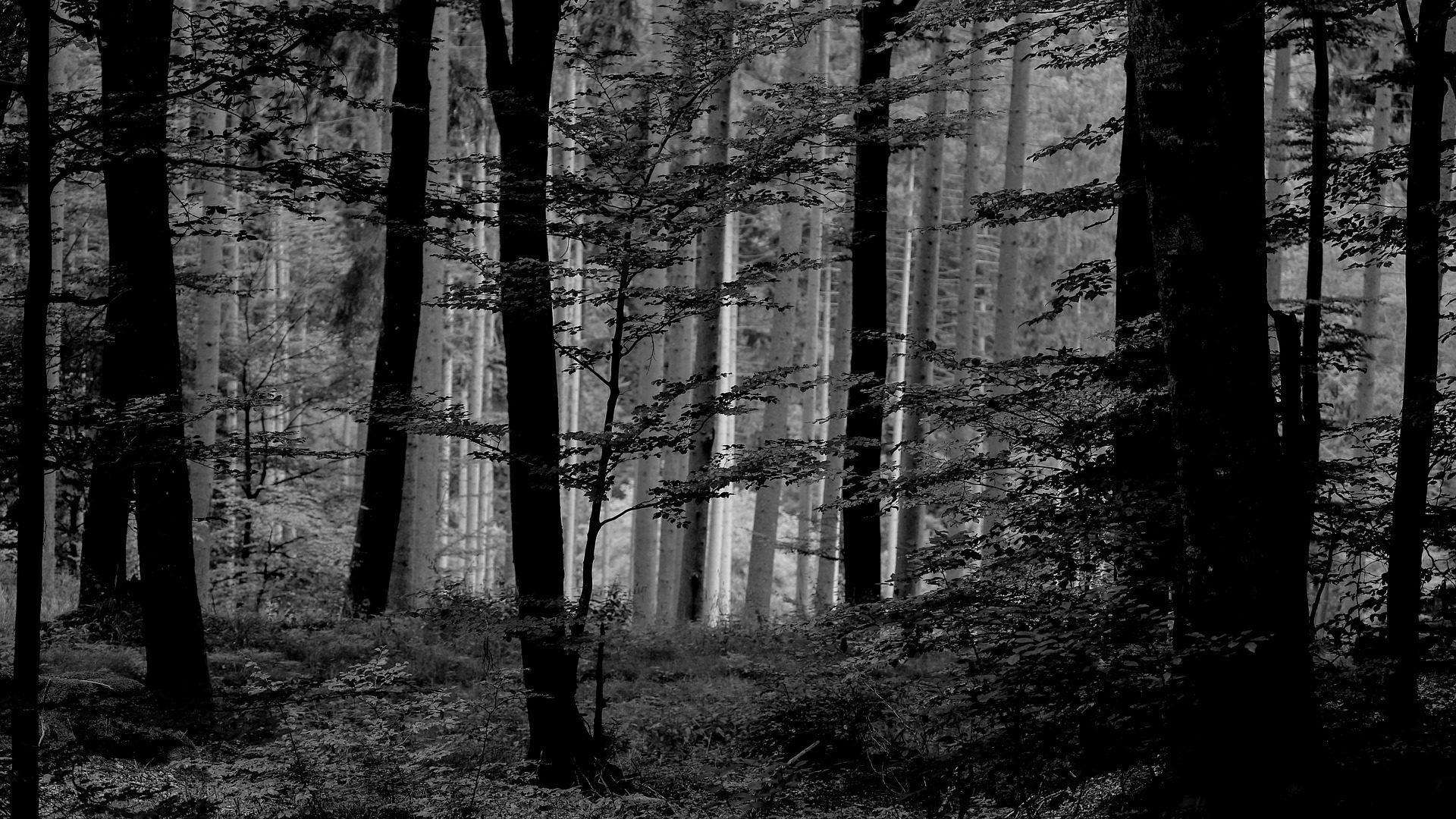Day 629 of Staying the Fuck Inside
I’m wondering if there’s too much backstory to justify a post that’s essentially saying “Well, that’s weird,” but here you go.
In the early 90s, I’d come out of a relationship that, in retrospect, I probably should never have been in. One of my co-workers said “let’s go out!” one night after work. We ended up at The Hippo, one of the bigger gay clubs in Baltimore. I’m not gay, and I personally don’t GAF who other people are attracted to, or like to fuck. It just. Doesn’t. Matter. To me. Anyway, I had fun, and became a regular there for more or less two or three years. The only time it got weird was when I had to come out to a lesbian friend that I was straight. She’d been trying to play matchmaker for me all night. After I came clean with her, we spent the rest of the night playing matchmaker for her. Anyway, early 90s club music/techno can be pretty catchy, and I developed a bit of a taste for it. I remember the whole thing at the time was “it’s great, because of the anonymity! Anyone can make this kind of music with the proper gear! Nobody knows who any of these acts are!” (and truthfully, a lot of it was just several different names for the same people – but I digress). Most of the music was ultimately utilitarian – throw together a track, sell a quick run of 12″ singles with the purpose of getting people to dance.
Years later, I fell in love with Library/Production music. Music that can be licensed out for tv shows, trailers, films, etc. at a fraction of the cost of creating an original composition. Industrial music in the truest sense – manufactured music to produce certain moods or sensations or images in your mind, or paired with certain types of visuals. A good track can have you imagine the random detective dealing with the aftermath of his partner being shot, and then the next track you can imagine him flying to Caribbean to track down the killers. The actual film or tv show for this doesn’t exist, but the songs bring these scenes to life in your head. The music is anonymous, and recorded by session musicians. Or sometimes people who later go on to greater things – I’ve found a few library albums recorded by Anne Dudley, who later went on to be in The Art of Noise, and has since scored a number of films.
So, today, I find myself listening to an album from the Chappell Library – CHAP AV4 – Dance Pop Music vol. 4. And it’s all in the style of 90s club/techno. So now there’s this weird “dual layer” of anonymity. The only clubs this stuff would be played in are imaginary clubs in films and TV. I suppose a random DJ could have gotten access to this album and slipped a track or two into their set, but that would have been a rare occasion at best.
So I’m listening to anonymous versions of “90s club/techno” (in quotes, because, remember, this was to be used in imaginary clubs), which was more or less a genre of anonymity to begin with. Utilitarian music “in the style of” other utilitarian music, or meta-utilitarian? Utilitarian Squared? I find myself struggling to describe this.
So I will go back to my original observation: “Well, that’s weird.”
And now you have the backstory, too.
